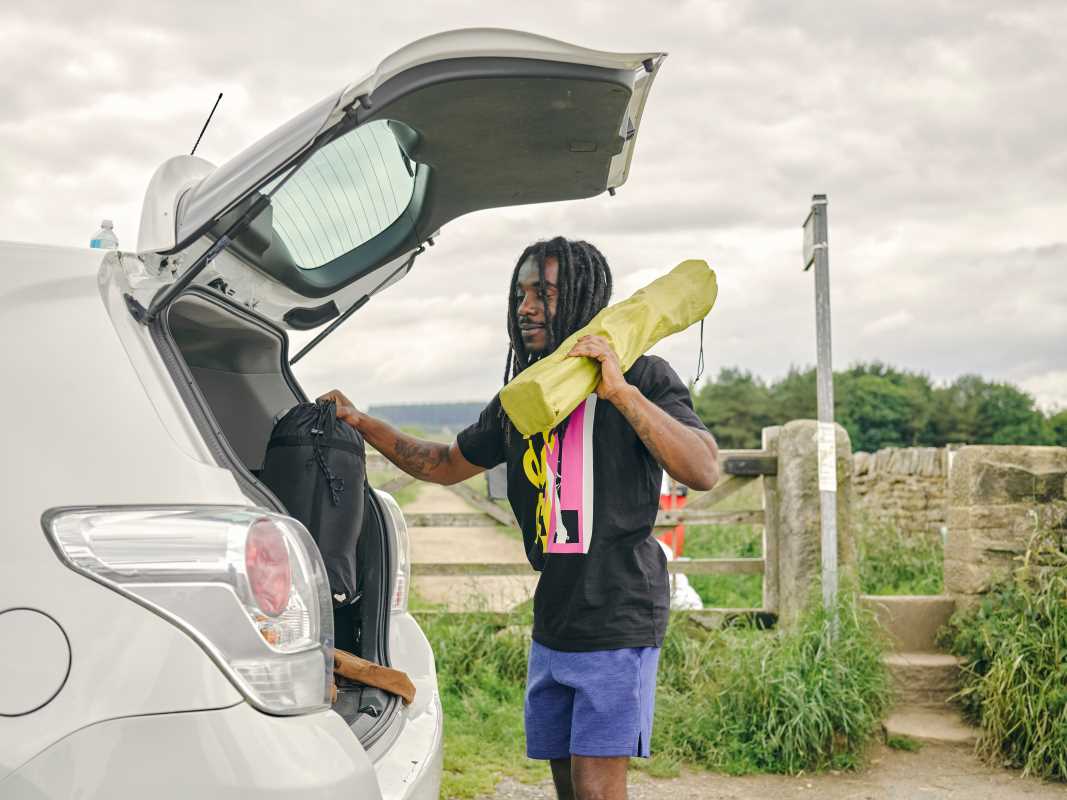Taking a cross-country road trip can be an exciting and memorable experience. However, careful planning is crucial to ensure your journey remains within budget while maximizing enjoyment. This guide offers practical tips and insights to help you create a cost-effective plan, highlighting accommodation, food, fuel, entertainment, and additional aspects that will enhance your road trip experience.
Why Budget-Friendly Road Trips Matter
In today’s economic climate, many travelers are seeking ways to explore without overspending. Budget-friendly road trips provide an excellent opportunity to:
- Promote Sustainable Travel: By planning carefully, you can minimize waste and make eco-friendly choices.
- Support Local Economies: Choosing local businesses for food, lodging, and activities fosters community growth.
- Create Accessible Adventures: Affordable travel opens the door to experiences that might otherwise seem unattainable.
Planning ahead ensures financial peace of mind while enabling you to discover new destinations and make lasting memories.
Budget-Friendly Accommodation Options
Finding cost-effective places to stay is one of the most significant ways to cut expenses on a road trip.
Options to Consider:
- Campsites: Perfect for outdoor enthusiasts, campsites often provide stunning natural settings at minimal cost.
- Hostels: Many hostels offer private rooms in addition to dormitories, making them a versatile choice.
- Budget Motels: Chain motels frequently offer rewards programs and discounts for extended stays.
Tips for Savings:
- Book Early: Secure lower rates by reserving in advance.
- Use Membership Discounts: Organizations like AAA or AARP often provide lodging discounts.
- Stay Flexible: Last-minute deals on apps like HotelTonight can lead to significant savings.
Example: A traveler using a combination of campsites and budget motels might spend $20-$60 per night compared to $150+ for upscale hotels.
Cost-Effective Food Choices
Food expenses can quickly add up, but they can remain manageable with thoughtful preparation.
Strategies for Affordable Meals:
- Pack a Cooler: Fill it with snacks, drinks, and ready-to-eat meals to avoid pricey convenience store purchases.
- Cook on the Road: Portable stoves or campsite grills allow for simple, inexpensive meals like pasta or stir-fry.
- Shop Local: Visit farmers' markets or grocery stores for fresh ingredients instead of dining out.
Budget-Friendly Dining Tips:
- Limit Restaurant Meals: Choose a few special meals rather than dining out daily.
- Look for Deals: Apps like Yelp or Groupon can point you to discounts and specials.
- Embrace Local Cuisine: Regional food trucks and diners often offer authentic meals at reasonable prices.
Fuel Efficiency: Maximizing Mileage
Fuel costs are often one of the largest expenses for a road trip. Taking steps to improve fuel efficiency can lead to significant savings.
Tips for Lowering Fuel Costs:
- Vehicle Maintenance: Ensure your car is in top condition with proper tire inflation, clean air filters, and regular oil changes.
- Efficient Driving: Avoid rapid acceleration, maintain steady speeds, and use cruise control where possible.
- Plan Routes Wisely: Use GPS apps to avoid heavy traffic and find the shortest paths.
Helpful Tools:
- Gas Price Apps: Use platforms like GasBuddy to locate the cheapest fuel stations.
- Hybrid or Electric Vehicles: Renting or using a fuel-efficient car can drastically reduce costs.
Example: Driving a fuel-efficient car averaging 30 MPG instead of 20 MPG can save $200+ on a 3,000-mile trip.
Entertainment: Exploring for Less
Discovering free or low-cost activities can enrich your road trip experience without stretching your budget.
Top Recommendations:
- National and State Parks: Many parks have affordable entry fees or offer free admission days.
- Local Attractions: Museums, art galleries, and historical sites often have discounted or free entry.
- Scenic Byways: Driving picturesque routes provides breathtaking views without added expense.
Creative Ideas:
- Host Community Events: Check local calendars for free festivals, concerts, or fairs.
- DIY Tours: Download self-guided tour apps to explore cities and landmarks at your own pace.
- Outdoor Recreation: Hiking, swimming, or picnicking at natural spots offers hours of enjoyment.
Crafting a Flexible Itinerary
A well-structured itinerary with room for spontaneity can optimize your road trip’s cost-effectiveness.
Benefits of Flexibility:
- Adapt to Deals: Last-minute discounts on lodging or activities can alter your plans.
- Avoid Peak Times: Traveling during off-peak hours or seasons reduces costs.
- Explore Alternative Routes: Scenic detours may uncover hidden gems and save money on tolls.
Planning Tools:
- Mapping Apps: Google Maps or Roadtrippers can help visualize routes and highlight attractions.
- Budget Trackers: Use apps like Trail Wallet to monitor expenses and adjust plans as needed.
Pro Tip: Allocate 10-15% of your budget for unexpected opportunities or emergencies.
Travel Insurance: A Safety Net
Although an added expense, travel insurance can prevent costly surprises and ensure peace of mind.
Coverage Options:
- Trip Protection: Covers cancellations or delays.
- Health Coverage: Essential for out-of-network medical emergencies.
- Roadside Assistance: Provides towing, fuel delivery, and locksmith services.
Example: Spending $50 on insurance can save thousands in unforeseen expenses like towing after a breakdown.
Packing Smart: Reducing Expenses on the Road
Efficient packing minimizes unnecessary purchases during your trip.
Essential Items:
- Reusable Water Bottles: Save on bottled water.
- First Aid Kit: Handle minor injuries without detours.
- Portable Chargers: Keep devices powered without relying on expensive solutions.
Packing Tips:
- Layer Clothing: Adapt to weather changes without overpacking.
- Plan for Repairs: Basic tools and spare parts can address minor vehicle issues.
- Entertainment Supplies: Bring books, games, or movies for downtime.
The Rise of Road Trip Trends
Increasing Popularity:
- Post-Pandemic Travel: Road trips surged as safer alternatives to air travel during COVID-19.
- Digital Nomad Lifestyle: More individuals combine work and leisure by exploring while staying connected.
Sustainable Practices:
- Carpooling: Sharing trips reduces environmental impact and lowers costs.
- Eco-Friendly Gear: Solar-powered gadgets and biodegradable products enhance sustainability.
A budget-friendly cross-country road trip is entirely achievable with thoughtful planning and smart choices. You can craft an unforgettable adventure without breaking the bank by prioritizing affordable accommodations, cost-effective food options, fuel efficiency, and free entertainment. Remember, the key to a successful trip lies in flexibility, preparation, and a spirit of exploration.
Whether it’s your first road trip or one of many, these strategies will ensure you make the most of your journey, creating lasting memories while staying financially savvy. Start planning today and hit the road confidently, knowing you’re set for an incredible, budget-conscious adventure.







